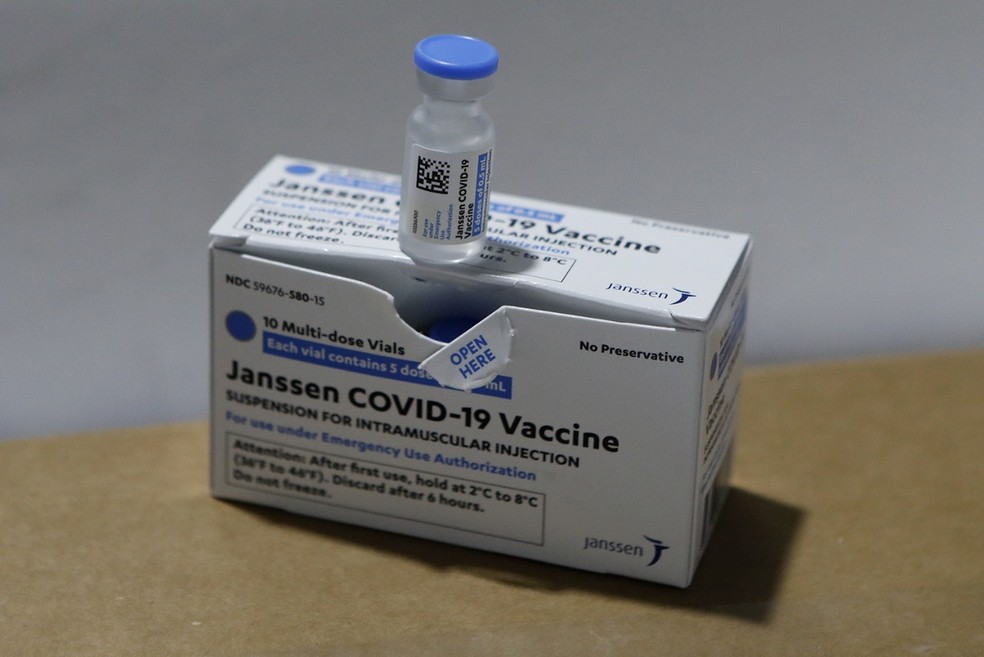RIO DE JANEIRO, BRAZIL – The National Health Regulator (ANVISA) proposed to suspend the application of vaccines against Covid-19 from both AstraZeneca and Janssen in pregnant women. The recommendation applies to immunizers that use adenoviral vectors. Thus, Brazilian pregnant women should receive doses from either Pfizer or Coronavac.

In May, the agency had already recommended the suspension of AstraZeneca’s use in this group. In a statement released last Friday, July 2, the agency extended the orientation to Janssen’s vaccine, which arrived in the country at the end of June.
Last April, pregnant women were included in the priority list for Covid-19 vaccination because they are part of the high risk group. A bulletin from the Covid-19 Observatory of the Oswaldo Cruz Foundation (Fiocruz) released at the end of June points out that the lethality rate among these women is extremely high, at 7.2%, more than double the country’s rate (2.8%). Until last month, 1,156 pregnant women had died from Covid-19 in 2021 alone. In 2020, there were 560 deaths in this group.
In Communiqué 006/2021, signed by the General Management of Monitoring of Products Subject to Health Surveillance (GGMON), the agency reaffirms that the general public should continue taking all vaccines because their benefits are much greater than the risks associated with Covid-19 infection. “ANVISA reinforces the favorable benefit-risk ratio of the Covid-19 vaccines authorized for use in the country, and it is essential to continue immunizing the population,” it said in a statement.
ANVISA also advises the need to institute measures to identify suspected cases of thrombocytopenia in people who have received the vaccines. The chances of this occurring are meager, between 0.1% and 0.5%. An Oxford University study has already shown that the risk of patients diagnosed with Covid-19 having cases of thrombosis is about ten times higher than among vaccinated people.
According to the agency, symptoms related to thrombosis are shortness of breath, chest pain, swelling or pain in the legs, persistent abdominal pain, neurological symptoms including severe and persistent headaches, blurred vision, confusion, seizures, petechiae (small red or brown spots on parts of the body), bruising, or other bleeding manifestations outside the vaccination site. Vaccinated persons who show these signs should seek health care.

